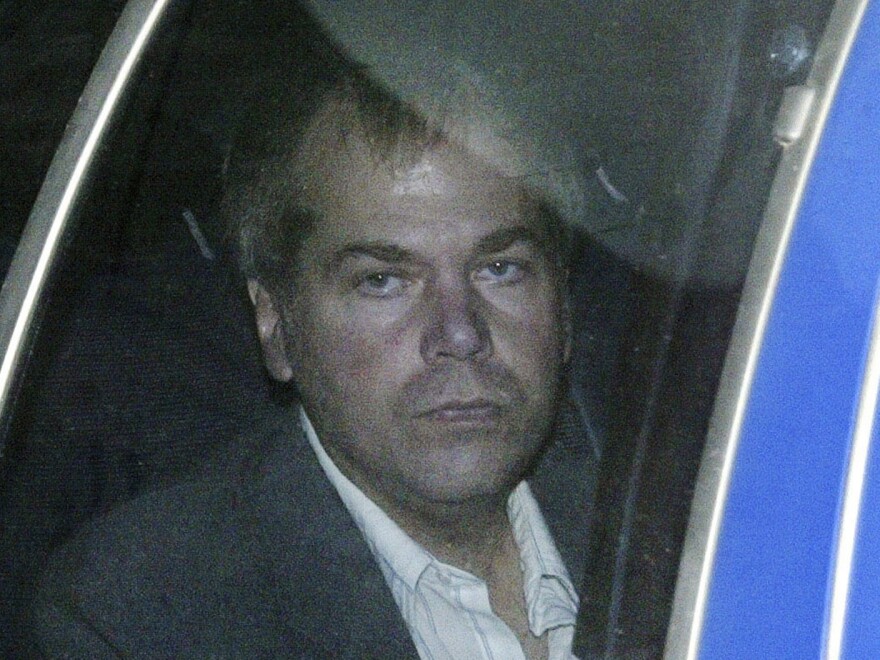John Hinckley Jr., who shot President Ronald Reagan in 1981 in a failed assassination attempt, was fully released from court restrictions on Wednesday.
"After 41 years 2 months and 15 days, FREEDOM AT LAST!!!" Hinckley tweeted.
Hinckley, who is now 67, was found not guilty by reason of insanity after shooting and wounding Reagan, as well as White House press secretary James Brady, Secret Service agent Timothy McCarthy and a Washington police officer Thomas Delahanty.
The acquittal meant Hinckley escaped serving jail time. But following the trial, he spent more than three decades at St. Elizabeths hospital in Washington.
Since 2003, the conditions of his confinement have been gradually eased.
U.S. District Judge Paul Friedman approved Hinckley's unconditional release in September. Friedman noted at the time that "very few patients at St. Elizabeths Hospital have been studied more thoroughly than John Hinckley."
Hinckley was 25 at the time of the assassination attempt. The son of a wealthy oil family, he'd already undergone some psychiatric treatment before trying to kill the president.
On the day of the shooting, Reagan had given a speech at a Washington hotel and was on his way into a limousine when Hinckley pushed a pistol through a crowd of people and fired six shots.

In the years leading up to it, Hinckley became obsessed with the film Taxi Driver, and its star, Jodie Foster. Hinckley said he tried to kill Reagan to impress the actress.
In 2016, the court granted him convalescent leave from the mental hospital, allowing Hinckley to live with his mother in Williamsburg, Va., full time. (He'd already been granted permission to live with her part-time.) Still, the court imposed several limitations on his movement and multiple court-mandated appointments for treatment every month.
When his mother died in 2021 at age 95, he was allowed to continue living in the area.
The Department of Behavioral Health has also supported lifting the conditions of Hinckley's release for years, telling the court last year that he posed "low risk for future violence."
Hinckley recently announced he was launching a music career, releasing several singles and touting a "Redemption Tour," featuring 17 original songs.
"A big thank you to everyone who helped me get my unconditional release," he wrote in a post on June 1. "What a long strange trip it has been. Now it's time to rock and roll."
I’m really looking forward to my concert in Brooklyn, NY on July 8. I will have a bass player and drummer backing me up. pic.twitter.com/LjieAtYPat
— John Hinckley (@JohnHinckley20) May 22, 2022
At least one of his shows in Brooklyn quickly sold out. But the venue announced on Wednesday that it was canceling the July 8 performance citing threats.
"We do believe that ex-cons and people with mental illness can recover, and that we should want them to maintain hope that they can better themselves and earn a chance to rejoin society... but we are living in dangerous times," Market Hotel wrote in an Instagram post.
"It is not worth a gamble on the safety of our vulnerable communities to give a guy a microphone and a paycheck from his art to a guy who hasn't had to earn it," venue officials added. "If we were going to host an event for the principle, and potentially put others at risk in doing so, it shouldn't be for some stunt booking – no offense to the artist."
Copyright 2022 NPR. To see more, visit https://www.npr.org.





